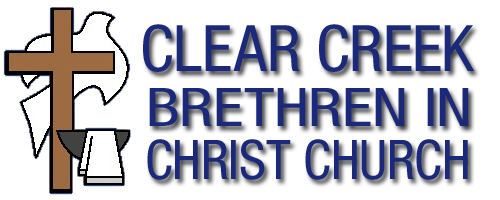John 5:1-5 After this there was a feast of the Jews; and Jesus went up to Jerusalem.
2 Now there is at Jerusalem by the sheep market a pool, which is called in the Hebrew tongue Bethesda, having five porches. 3 In these lay a great multitude of impotent folk, of blind, halt, withered, waiting for the moving of the water. 4 For an angel went down at a certain season into the pool, and troubled the water: whosoever then first after the troubling of the water stepped in was made whole of whatsoever disease he had. 5 And a certain man was there, which had an infirmity thirty and eight years.
Pool of healing:
The pool was called Bethesda or House of Mercy, a place where sheep were probably kept and where the impotent gathered in hope of receiving a healing. None of those around this pool would be permitted to attend the worship at the temple because of their sickness, disease or whatever their physical impotency was with which they were afflicted. Some versions do not include this verse saying that certain manuscripts do not include it and feel that it was added as an explanation of what the people were awaiting. They say that it was a superstition and not fact, but given the miracles and the way they were performed in the OT there may have been truth in its healing power. It may have been demonic in nature and not from God – a purpose of the enemy to lead people away from God. They were surely straying away at present anyhow led by the Pharisees in their ignorance and pride.
None of the other gospel writers include this account in their works, but John is not a synoptic writer and wrote his gospel years after the others at a time when people (particularly Christians) were beginning to doubt and deny the deity of Christ. He tells us at the end of his gospel why he included what he did in his work (Jn 20:30-31).
Even if it is not factual, it gives great background for the false religious efforts of that day and today. People seek to be healed from other sources often other than from God. God chastened one of the kings of Israel because he sought help from a false god (2 Ki 1:2-4). The people were at the pool for healing either because it was a factual occurrence or superstition, but they were still there not praying, fasting and seeking God for their healing. Many today will seek superstitious means for healing rather come to God and often because they know their ways do not please God and they cannot stand before a holy God and ask for help.
Jesus speaks three times to the man:
First, He asked him what he wanted – wilt thou be made whole? The man went on to say that when the water was troubled there was none to help him and so he had remained in this condition for thirty-eight years. Jesus always asks us what we want; even the blind and halt that came to Him were asked what they wanted. (Matt 10:46-51; 7:7) We need to be more specific when we pray – not just bless us, but how we want blessed.
Second after the man gave Jesus his reply, Jesus said, “Rise, take up thy bed and walk.” The man obeyed and was healed. When Jesus said rise up it was the same word He used later on in this chapter when He told the Pharisees that He had power to raise the dead (Jn 5:21). Healing and life come from God not dead religion. We are dead in trespasses and sins and it is only thru the power of God and His Spirit that we are made alive spiritually.
Later Jesus encountered the man and said, “Behold, thou art made whole: sin no more, lest a worse thing come unto thee.” John 5:14. Jesus came to seek and save the lost, not so they can continue on in their sin, but so they might not only be alive spiritually but be set free from the power of sin to live a holy life. In the same manner that He told the woman in adultery to “go and sin no more”, so He told this man that his new found healing and life were for the glory of God and he had a responsibility to honor God by living above sin.
